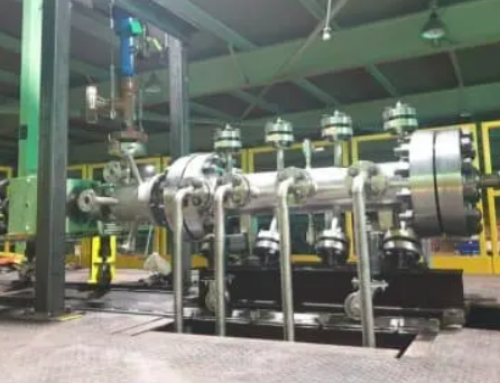The transition to electric vehicles (EVs) is going faster than anyone expected. Major Western car manufacturers are now regularly presiding over the launch of electric cars not least because of ever tightening emission requirements. China, too, has made clear its intention to be a world leader. In this field, improved battery performance is crucial. For the cost of battery is the biggest single cost item in an electric car.
Currently, most of the world’s battery manufacturers are in Asia; China, Japan and Korea. Even when there are battery facilities in US or UK they are mostly owned by Asian companies. The fear is that the battery industry will go the way of the solar industry: to Asia. And there are further implications: it is predicted that in the future cars will be built near battery factories, so the UK needs to win investment in battery factories and for that it needs to make sure that the skills are there to attract the investment in the first place.
As a result, as part of the Industrial Strategy, in July 2017 the British government announced a total of £246 million over 4 years would be available to support the development of new battery technologies, under the “Faraday Battery Challenge. The Faraday Institute, the UK’s major independent resource in this field, leads on the £78million research allocation, with the aim of getting the UK’s first-class academic researchers to work together.

UK Innovate leads on the £88m earmarked for Innovation. Funding has already been announced for a number of projects. Some examples are:- Ilika for work on improving recharging technology; the (private) Welsh company, Deregallera, for range improvement; Brill power, for work on using its battery management control system to enhance the manufacture and performance of batteries; ICoNichem Widnes, for work on recycling rare materials in EVs; the Birmingham-based High Speed Sustainable Manufacturing Institute (HSSMI), for repurposing batteries which are nearing the end of their automotive life and need to be recycled, remanufactured or reused.
A Coventry-based consortium spearheads the £80m to be spent on scaling-up. The aim is to create the UK’s first automotive battery innovation centre, which will support high-volume production of pioneering battery technologies. It will enable companies of all sizes to rapidly develop manufacturing capabilities for their battery technologies to get them to market quickly – an additional reason for global manufacturers and suppliers to invest in the UK.
In this way it is hoped to make the most of the growing batteries market – estimated to be worth £5 billion in the UK and £50 bn across Europe by 2025. For we need to ensure that we don’t have a repeat of the saga whereby researchers at Oxford University played a major part in the development of the lithium-ion battery but it was commercialised by Sony.
The hope is that, by focusing initially on the automotive sector, the challenge will allow the UK to realise its commitment to move to full electrification and to zero emissions vehicles. This should lower carbon emissions and help to tackle air pollution while creating new opportunities and industries.





